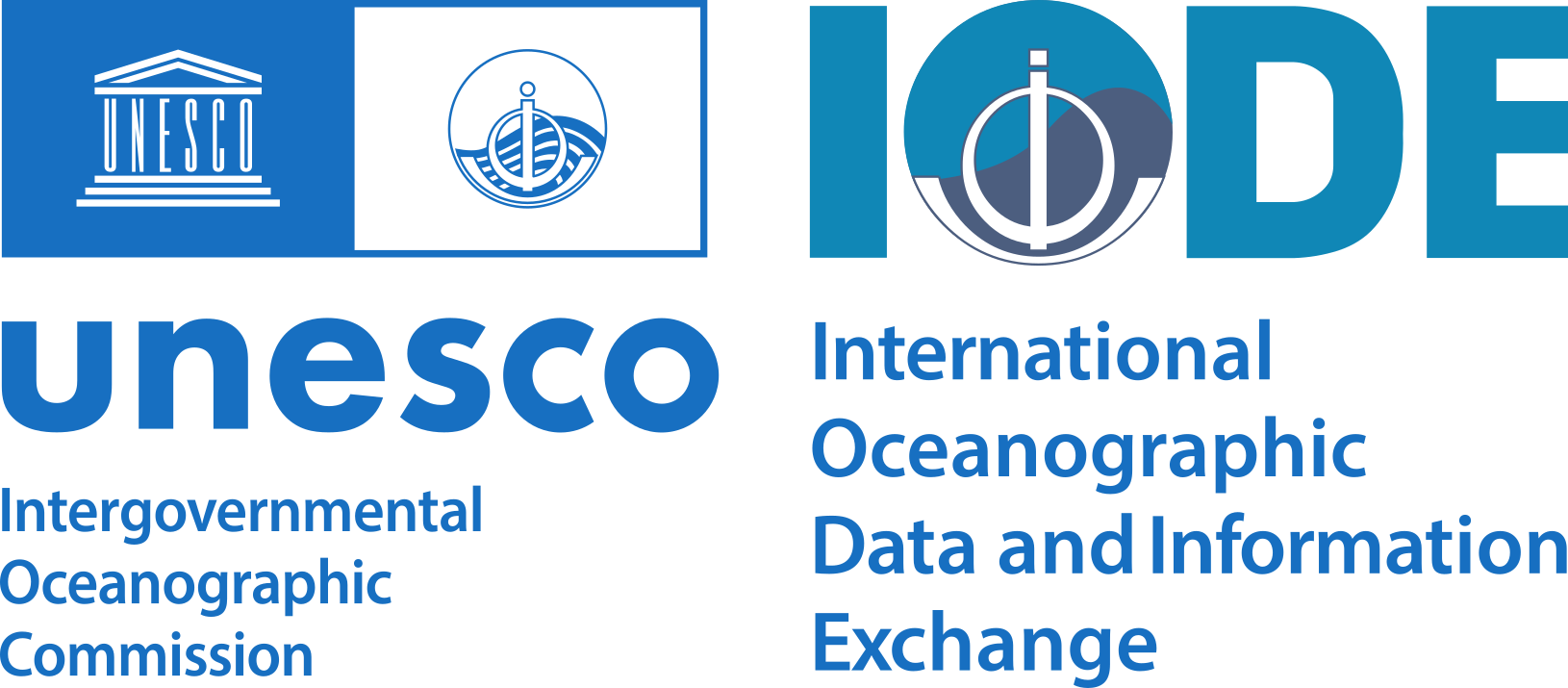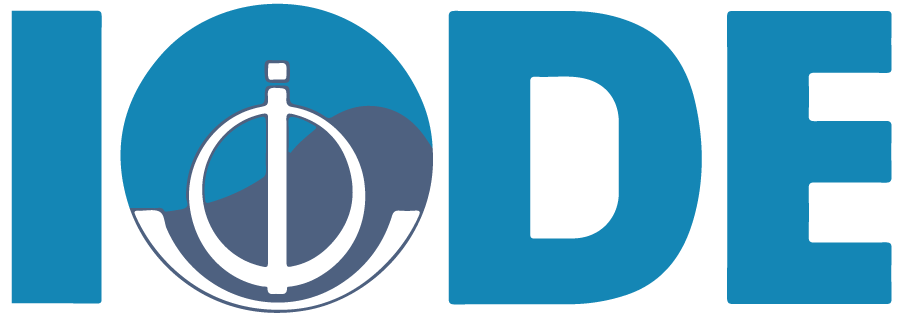The IOC adopted its first data policy in 2003. In 2023 the IOC Assembly, taking into account various considerations, decided to adopt a revised policy entitled “IOC Data Policy and Terms of Use (2023)”. In addition to adopting the policy, the Assembly also decided to develop Guidelines for the development of detailed data and metadata sharing guidelines by all IOC programmes and projects. The Policy recommends that member states and their ocean practitioners share their data, while also recommending the use of licenses to ensure that the work of the scientist/data provider is recognized.
The recent version (2023) of the IOC Data Policy and Terms of Use can be found on the dedicated page.


